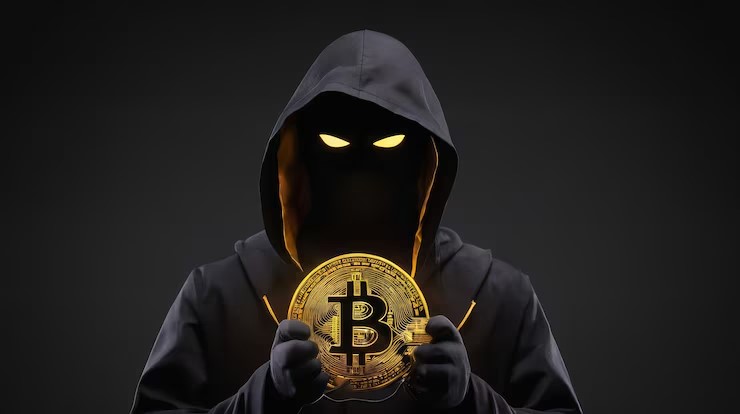A Russian couple was rescued in Argentina after being kidnapped and forced to pay a $43,000 ransom in Bitcoin. The incident occurred on May 23 in Buenos Aires’ Palermo district and has prompted a global law enforcement response.
Crypto Meeting Turns Into Extortion Trap
La Nación reports the couple was lured to an apartment for dinner by two Russian nationals they had previously encountered. The assailants—identified as Chechen—had rented the apartment at 1596 Ravignani Street.
By 11 p.m., the female victim screamed for help in English from the balcony. Restaurant workers nearby heard the cries and called police. Responding officers found both victims tied up inside.
Bitcoin Paid, Suspects Flee to UAE
Police revealed that the kidnappers demanded ransom in Bitcoin, which was transferred by another Russian crypto user based in Partido de la Costa. Following the payment, the couple was released.
Hours later, both suspects boarded a flight to the United Arab Emirates. Interpol red notices have been issued, and Argentina’s Federal Judge María Romilda Servini is overseeing efforts to bring the men back.
Crypto Wealth Becoming a Kidnap Risk
Officials believe the couple’s crypto background made them targets. “The attackers were likely aware of their financial holdings,” said one source. The case is part of a broader trend highlighting the risks tied to digital asset visibility.
A Surge in Crypto-Related Kidnappings Worldwide
Across Europe and the U.S., kidnappings linked to crypto are rising. In January, Ledger co-founder David Balland was abducted in France. In a separate case, the father of a crypto entrepreneur was freed in a raid after being tortured for ransom.
In the U.S., a man was kidnapped in Las Vegas after a crypto event and robbed of $4 million. He was left in the desert and walked miles to find help.
French police recently arrested over a dozen people linked to a network involved in multiple kidnappings. Security firms report increased demand from crypto professionals seeking protection.
As crypto adoption grows, so do the threats—making personal security a new priority in the digital asset world.



